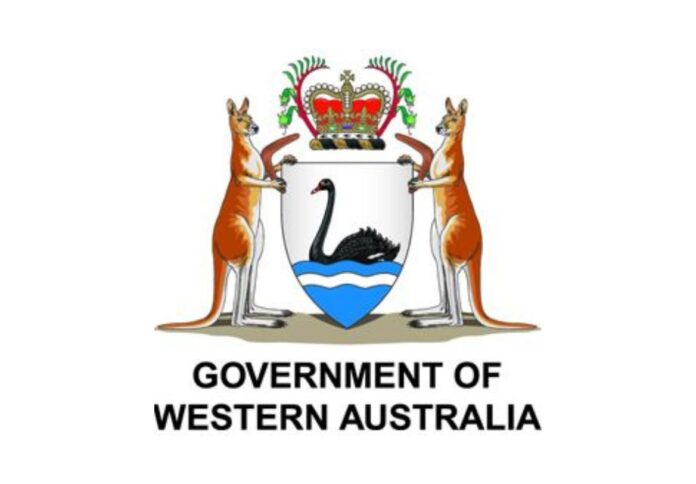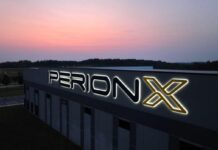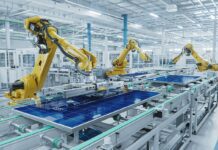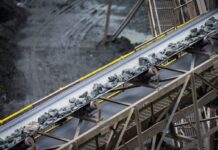
The Western Australian Government is set to allocate $134 million to revolutionise Western Australia’s clean energy sector and foster employment opportunities in the burgeoning green industries.
In a media statement, the government said the funding injection anticipates the landmark Energy Transition Summit, a strategic event orchestrated by WA to delineate its trajectory toward global prominence in renewable energy.
A substantial portion of the investment, amounting to $60 million, will be channelled into the ‘Investment Attraction Fund’ (IAF) to catalyse investments in novel energy projects statewide.
The IAF’s New Energies Industries round, kickstarting today, is poised to fund ventures spanning battery and critical minerals processing, renewable hydrogen, advanced manufacturing in wind and solar components, and carbon capture use and storage initiatives.
Complementing this, the state government commits an additional $74 million to amplify Western Australia’s pursuit of net-zero goals through its Sectoral Emissions Reduction Strategies (SERS) initiative, initiated in December 2021.
This involves allocating $11.2 million to the ‘Clean Energy Future Fund,’ fostering innovative projects that curtail emissions and generate local employment opportunities.
Previous initiatives backed by the ‘Clean Energy Future Fund’ encompassed hydroelectric storage in Walpole, a Moora-based microgrid for industries, and a substantial battery infrastructure in Port Hedland.
A boost of $6.5 million will fortify the ‘Green Energy Approvals Unit,’ expediting approvals for significant job-creating clean energy projects, while approximately $31 million will be invested via Horizon Power to facilitate cleaner, dependable, and affordable energy solutions across the State, including community batteries and long-duration energy storage trials.
Premier Roger Cook expressed his optimism about Western Australia’s potential to emerge as a global renewable energy leader, not only achieving local net-zero targets but also aiding neighbouring regions in transitioning from coal to cleaner energy sources.
“We’re backing local industry to take advantage of the incredible opportunities in the energy transition – from battery assembly and manufacturing to hydrogen production and critical minerals processing,” Cook noted.
Climate Action Minister Reece Whitby underscored the government’s commitment to credible climate action through the net-zero pledge, legislative development, and the implementation of Sectoral Emissions Reduction Strategies (SERS).
The minister stated, “By working together, industry and Government can position WA to maximise the energy transition’s economic opportunities.”
Meanwhile, Energy Minister Bill Johnston lauded the collaborative effort across government departments, describing it as a comprehensive initiative to efficiently navigate the transition towards the state’s commitment to achieving net-zero emissions by 2050.
“Diversifying the economy to deliver a cleaner, affordable and reliable energy future are key priorities which present challenges – but also enormous opportunities to position WA as a global green energy superpower,” he remarked.
As part of the ongoing efforts to bolster electric vehicle (EV) adoption, a $2.2 million investment will usher in almost 70 dual-bay EV chargers at new METRONET stations, coupled with an increased EV target of 50 per cent in the state government car fleet.
WA’s concerted development of SERS, in consultation with all sectors, is poised to unveil comprehensive emissions reduction strategies spanning electricity, industry, transport, agriculture, land use, buildings, and waste.
The finalised SERS, slated for release before the end of 2023, is poised to pave the way for Western Australia’s transition to net-zero emissions by 2050.



















